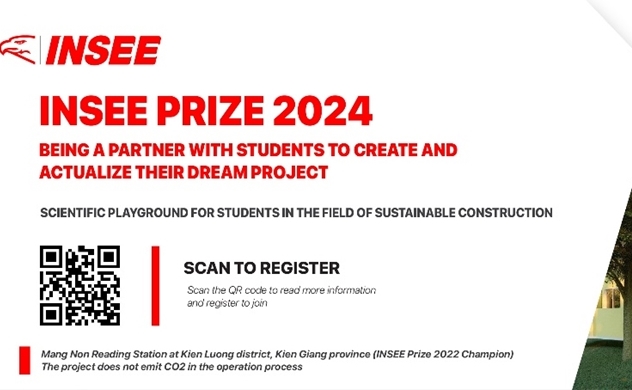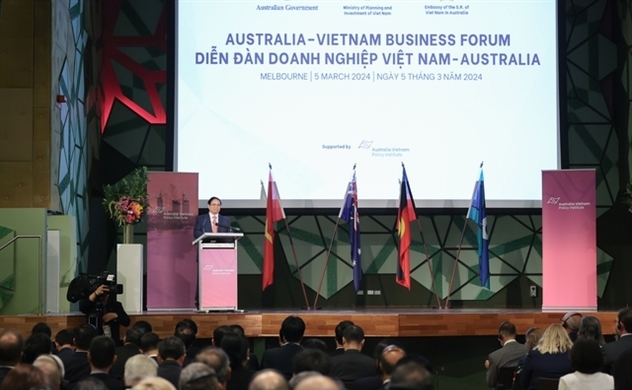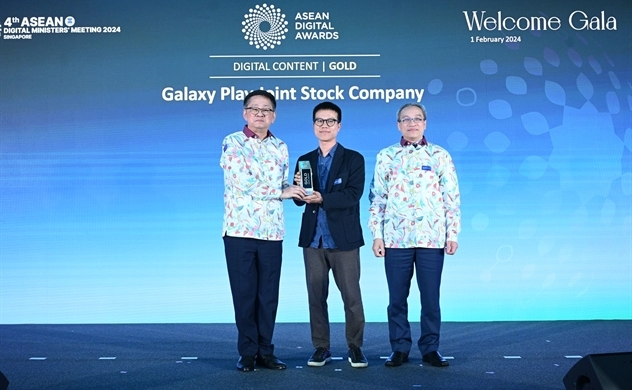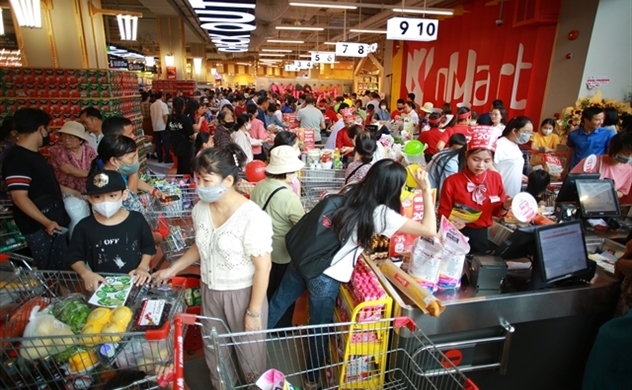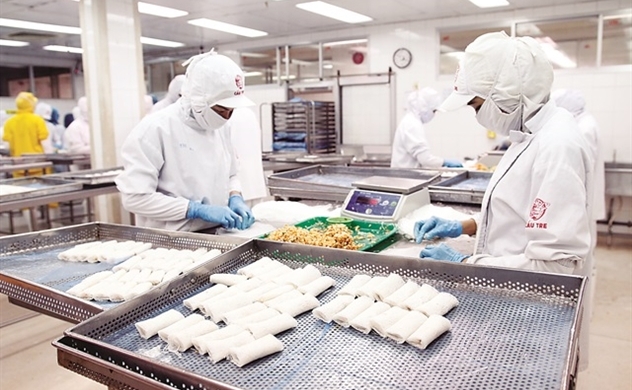China's Great Wall Motor to enter Vietnam amid peers' ASEAN push
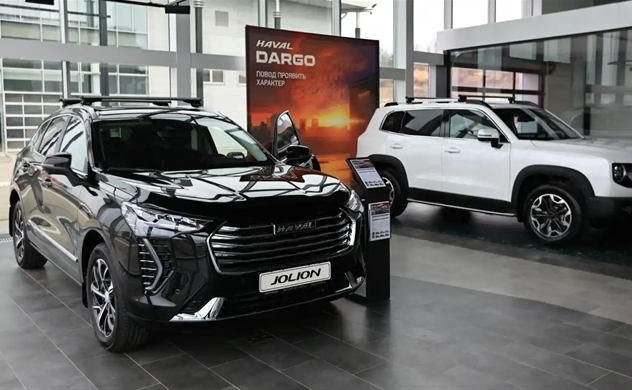
Haval H6 hybrid to be imported from Thailand; assembly plant also in the works. Photo by Nikkei Asia.
The Haval H6s will initially be exported to Vietnam from its manufacturing facility in Rayong, Thailand, the Hebei-based carmaker said earlier. Vietnam is the fourth-largest auto market in the Association of Southeast Asian Nations (ASEAN) region after Indonesia, Thailand and Malaysia, according to 2022 passenger car sales figures released by the ASEAN Automotive Federation.
The Rayong plant, the Chinese carmaker's second overseas full-process manufacturing plant after Brazil, began operations in June 2021, and produces the Haval H6 and the Haval Jolion hybrids. Some 60% of cars assembled at the plant are sold in Thailand, while the remaining 40% are exported overseas, the company said at the time.
A Great Wall Motor representative told Caixin that the carmaker is in close communication with the Thai government and core suppliers about its plans to start producing fully electric vehicles (EVs) around 2025 in the country. The company hopes to turn Thailand into its Southeast Asia EV manufacturing hub.
Previously, lithium-ion battery maker SVOLT Energy Technology, which was spun out of Great Wall Motor in 2018, told Caixin that it has plans to build a factory in Thailand to produce battery packs.
The foray into Vietnam marks the latest effort by Great Wall Motor to push deeper into Southeast Asia. Currently, the carmaker has a presence in Thailand, Malaysia, Laos, Cambodia, the Philippines and Brunei, and has plans to expand to the rest of ASEAN in Singapore and Indonesia.
Great Wall Motor grew quickly in the Thai market after officially launching in 2021. It sold 11,616 vehicles in the country in 2022, a year-on-year increase of 214%, according to figures released in January.
Other Chinese automakers are also looking at the Southeast Asian market, including Guangzhou Automobile Group's Aion, which on Wednesday last week signed a deal with a local dealership to sell EVs in Thailand. Aion is also planning to localize manufacturing in Thailand as it aims to build a regional headquarters in the country by the end of this year.
Source: Nikkei Asia
Same category news
-
Hoàng Kim
Latest news
-
Huyen Hoang

 TIẾNG VIỆT
TIẾNG VIỆT _291615658.jpg)
